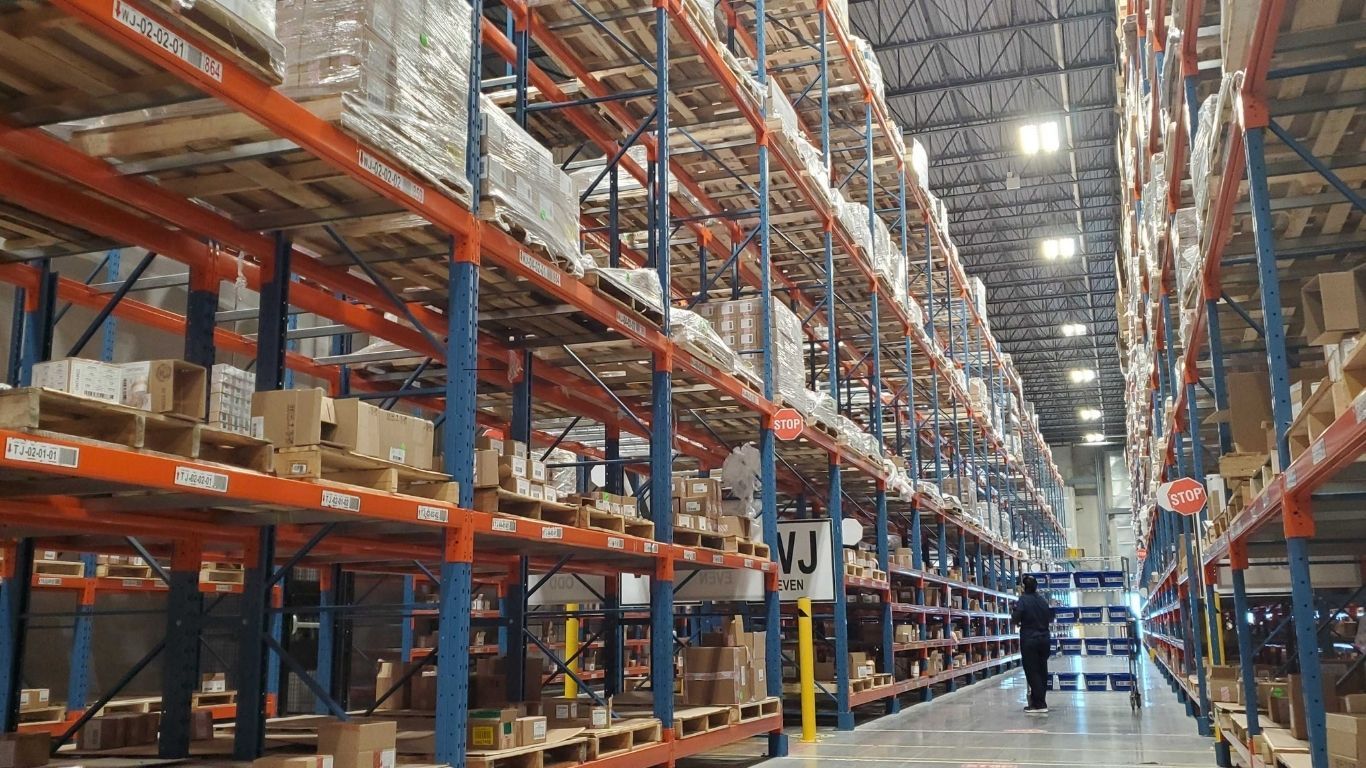
The Sunshine Coast Regional District (SCRD) passed a motion last week to ask the federal government for local governments and the RCMP to have more control in managing personal and designated medical cannabis grows.
The motion, passed on January 14, was to write a letter to Member of Parliament, Patrick Weiler, MP for the Sunshine Coast and the federal Minister of Health, Patty Hadju, asking that “local governments and the RCMP be given the ability and authority to adequately enforce and control cannabis cultivation for medical purposes.”
During discussion on the motion, several members expressed their support over the proposal and their concerns with what they characterized as the inability of municipalities to better regulate these personal and designated medical grows (non-commercial). While commercial cannabis growers in Canada are subject to regular inspections from the federal government, inspections of these kinds of grow sites that are intended for personal use for those authorized by their doctors to grow and use cannabis for medical purposes are rare.
A compliance report form Health Canada showed only 9 inspections of these kinds of locations in 2018. Part of the reason for this is a lack of resources and inspectors at Health Canada, and another is safety and access concerns from the federal regulator. For locations inside a primary residence, homeowners can deny access to a Health Canada inspector without a warrant, and law enforcement are often requested to attend site visits by inspectors.
Andreas Tize, Director, SCRD Electoral Area D (Roberts Creek), who brought the motion forward, acknowledged this is a controversial issue deeply tied to the regions’ economy.
“Knowing full well that I might be stepping into a hornet’s nest here because it is a large part of our unofficial economy here on the Sunshine Coast, I do think for the sake of human safety, the safety of our firefighters, and the safety of our RCMP officers, as well as the fact that these people are essentially running underground businesses within our neighbourhoods while effecting the neighbourhood with the smells and such things, this does need to be addressed” said Tize as he introduced the motion.
“This is what most of the grow-ops that are legal here on the Sunshine Coast have as their piece of paper that permits them to do what they’re doing and yet neither the RCMP nor we as a local government have the ability to either verify that they are only growing the number of plants that they are allowed to grow, that they’re reselling it, that they’re using local building codes, ventilation requirements, safe electrical requirements as well as plumbing, HVAC, all that kind of stuff, and that we have really no way of addressing any of it because they have the permit.”
Municipalities do have the ability to utilize their own bylaw powers to investigate issues such as odour, electrical, plumbing, on any buildings in their jurisdictions, but knowing to even check a property for these issues is difficult without the municipality or law enforcement knowing of the presence of them. Municipalities are also operating on limited budgets and law enforcement can only attend to a location with cause.
Norfolk County in Ontario says they were the first in Canada to take such proactive steps and have issued fines to several locations. The Federation of Canadian Municipalities (FCM) also lists many ways in which bylaws can be utilized for enforcement purposes.
Director Darnelda Siegers, District of Sechelt (and the Sechelt Mayor), highlighted this in her comment in regard to odour bylaw management. She also mentioned a local bylaw officer telling her recently about a property that was authorized for 1,000 plants between two people.
“We need to also be using more of our own power,” said Siegers. “The power to deal with odour is something we need to take more action on and declare it a nuisance or deal with it in any way we can with neighbours and require remediation.”
Donna McMahon, Director for Area E – Elphinstone, said she thinks it’s time to revisit the need for such a program, entirely.
“I wonder why we have two completely different cannabis sets of laws which doesn’t make any sense. I (have) to wonder if they shouldn’t simply repeal the medical marijuana provisions now that there are other provisions in place.”
The motion passed with no objections, and will also be forwarded to the Federation of Canadian Municipalities. The FCM has been working with other municipalities, especially in Ontario, who have made similar requests of the federal government in regard to more local oversight of these kinds of grow sites.
The Sunshine Coast Regional District raised a similar issue last year with the Union of British Columbia Municipalities at the organization’s annual convention. The resolution wanted to require Health Canada to provide the location of these home medical grows, and the authority to oversee building and fire safety requirements for these same medical grows.
Although the personal and designated medical grow program in Canada—first called the MMAR, then the ACMPR, and now managed under the Cannabis Act—has been established and protected by the several court cases dating back nearly two decades, the current or future federal government could attempt to challenge that precedent or simply repeal the medical program entirely and face their own court challenge.
The Cannabis Act mandates a review of the entire cannabis regulations, including medical cannabis later this year, culminating in possible changes being tabled for debate in the House by spring 2023. Health Canada has also committed to a review of the medical cannabis program five years after the implantation of the Act, which would be Oct 2023.
h/t to the Coast Reporter












